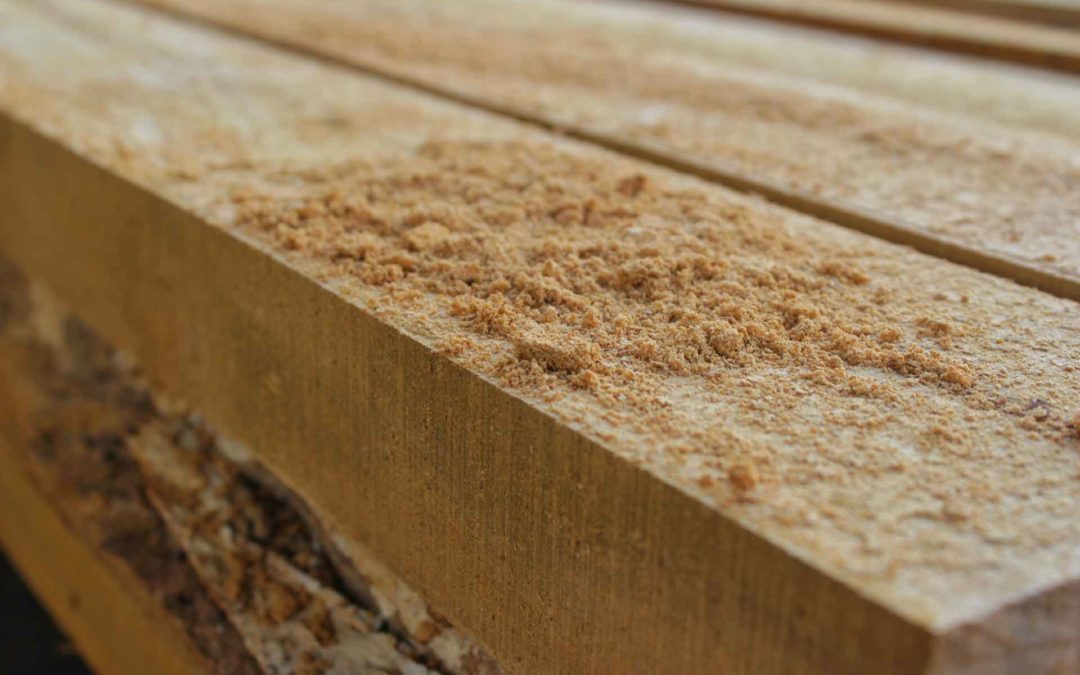What are the properties of teak hardwood? In our third blog diving into the most common questions about our teak, we outline what the unique characteristics of teak wood (Tectona Grandis) and why it is superior to other woods in many areas.
Why choose teak? It has a beautiful natural honey golden hue, but more importantly it is famous for being highly resistant to rot, pests (bugs, termites and worms), and fungi in both land and marine environments. Teak is the premier choice for any requirement in the marine industry, from decks and interior work, to docks.
Teak is naturally water-resistant and physically very strong and durable. It is not prone to significant expansion or contraction with humidity changes. The oils in teak are what make it weather-resistant and it requires basically no care when left outside. Its high silica content gives it non-skid properties as well as durability. This makes teak a great choice in damp environments, or in areas where slipping could be very dangerous.
Unlike most wood species, teak sap wood has the same physical strength and density characteristics as the heartwood, making it easier to utilize the entire tree without concern for strength issues. The sapwood however does not contain as high a concentration pest resistant teak oil. We do not recommend sapwood used in exterior marine environments.
A few numbers for you, to compare it with other common woods:
Teak is hard, but not so hard to be difficult to work with. Though the silica will blunt sharp tools, plantation teak actually mills and accepts stains very well. On the Janka Hardness scale for all woods, teak has a rating of 1,155 lbs, which is slightly harder than English Oak at 1,120 lbs.
Teak is very dimensionally stable. It’s shrinkage coefficient (very important for flooring installation) is 5.3%. Red Oak is 8.6% and Ipe is 7.2% and Cumaru (tradename Brazilian teak) is 7.7%. Teak is therefore superior when it comes to stability in your flooring or decking.
If you want to make outdoor furniture, the natural oils will protect the wood and you don’t have to do a thing to it, if you don’t want to! It depends on the colour you are going for, of course. Teak, if left outside to weather, will go a silvery grey colour. If you prefer not to have the teak silver in sunlight, then application of a simple teak or tung oil, or if you prefer a urethane type coating will not significantly change the natural hue of the wood but will prevent it from adopting a “weathered” look.
Mys-Teak High Quality, carefully graded Plantation Teak is a viable option, at significant cost savings to the disappearing old growth Teak now being phased out of the industry by tightening environmental restrictions.

